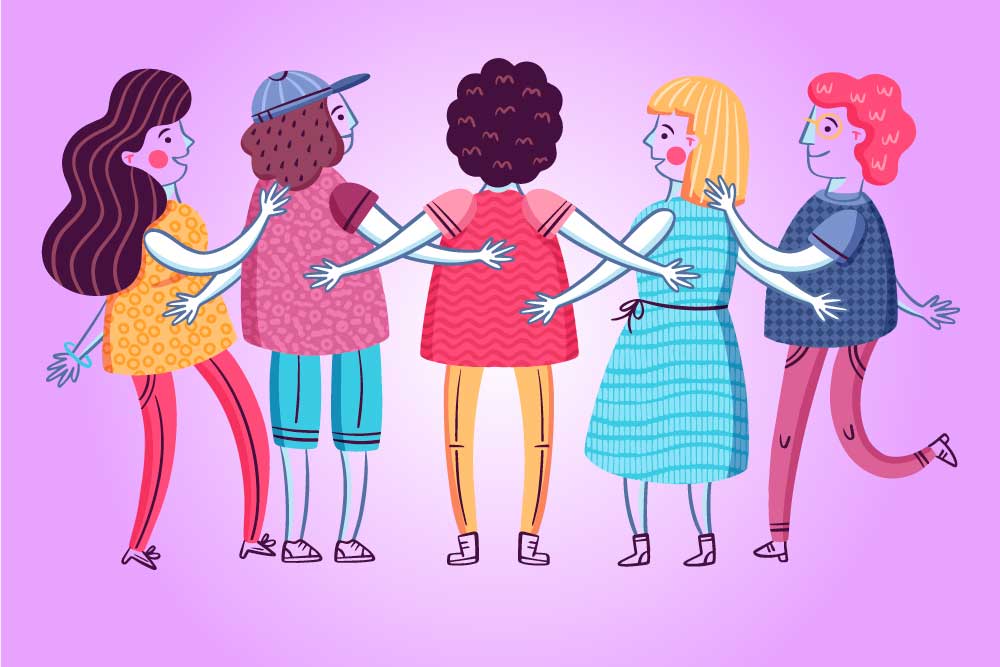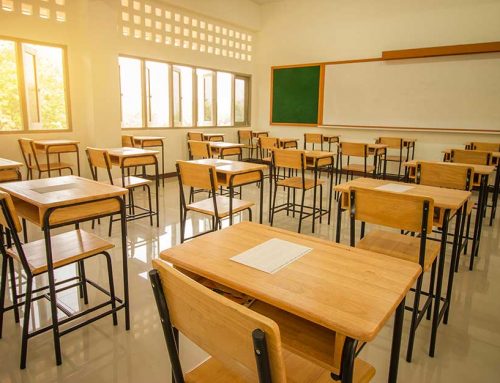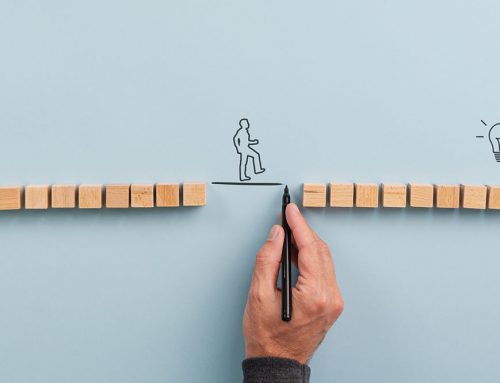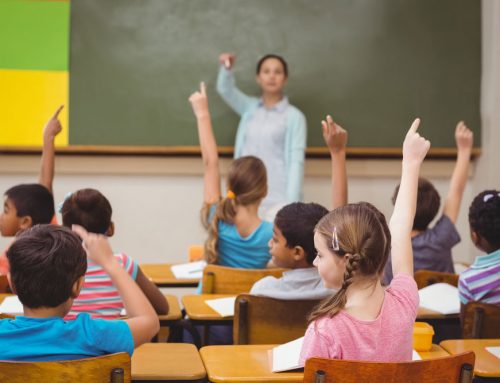The important work of education involves connecting students and teachers in a meaningful way. Understanding students is at the core of this connection. The effectiveness of learning teaching program depends largely on suitability of learning situations in terms of time, place and other factors. Arranging for learning/ special educator to observe students in several classes can help those involved to see various situations that challenge students. Understanding why students have difficulties is the beginning of awareness. Being able to tap into the child’s point of view is worth the time and effect involved. Parents and educators must make concerted efforts to remain sensitive, respectful and open to hearing different ways a child presents.
The program of support provided by special educator/s encompasses direct service, facilitation of accommodations and consultation with other educators. Establishing a successful plan begins with understanding the students’ needs. In an inclusive classroom, students with special needs are taught alongside regular students, instead of being segregated in a special education classroom. Successful inclusive education happens primarily through accepting, understanding, and attending to student differences and diversity, which can include physical, cognitive, academic, social, and emotional. The driving principle is to make all students feel welcomed, appropriately challenged, and supported in their efforts. It is also critically important that the adults are supported too. The special educator is for the individual differences and individuality of children. There are many advantages/ benefits of inclusive education. The benefits include meaningful friendships, respect, better appreciation, social awareness and understanding of individual differences. A decreased level of learning ability, as compared to most children of their age, necessitates additional help. Special education teacher develops an Individualized Education Program, or IEP, that helps establish specific education for a child’s explicit needs.
Special education therefore basically refers to “educational programs and practices designed for students- who are handicapped or gifted, with cognitive, physical or emotional disabilities and hence require special learning and teaching approaches, equipments or care within or outside a regular classroom.”
The procedure followed at The Gaudium School:
The process starts with the referral or request for evaluation from the classroom facilitator. The special educator goes for classroom observations and notes down the areas of concern. A general evaluation is conducted in order to understand the specific areas. Based on general evaluation the special educator formulates Individualized Education Plan. The parents are briefed and explained about the IEP. Based on the IEP sessions are conducted with the students. Later the progress is measured and reported to parents. The program aims to integrate children with disabilities in the school and so in the community. By doing this, we create an inclusive culture.






Leave A Comment